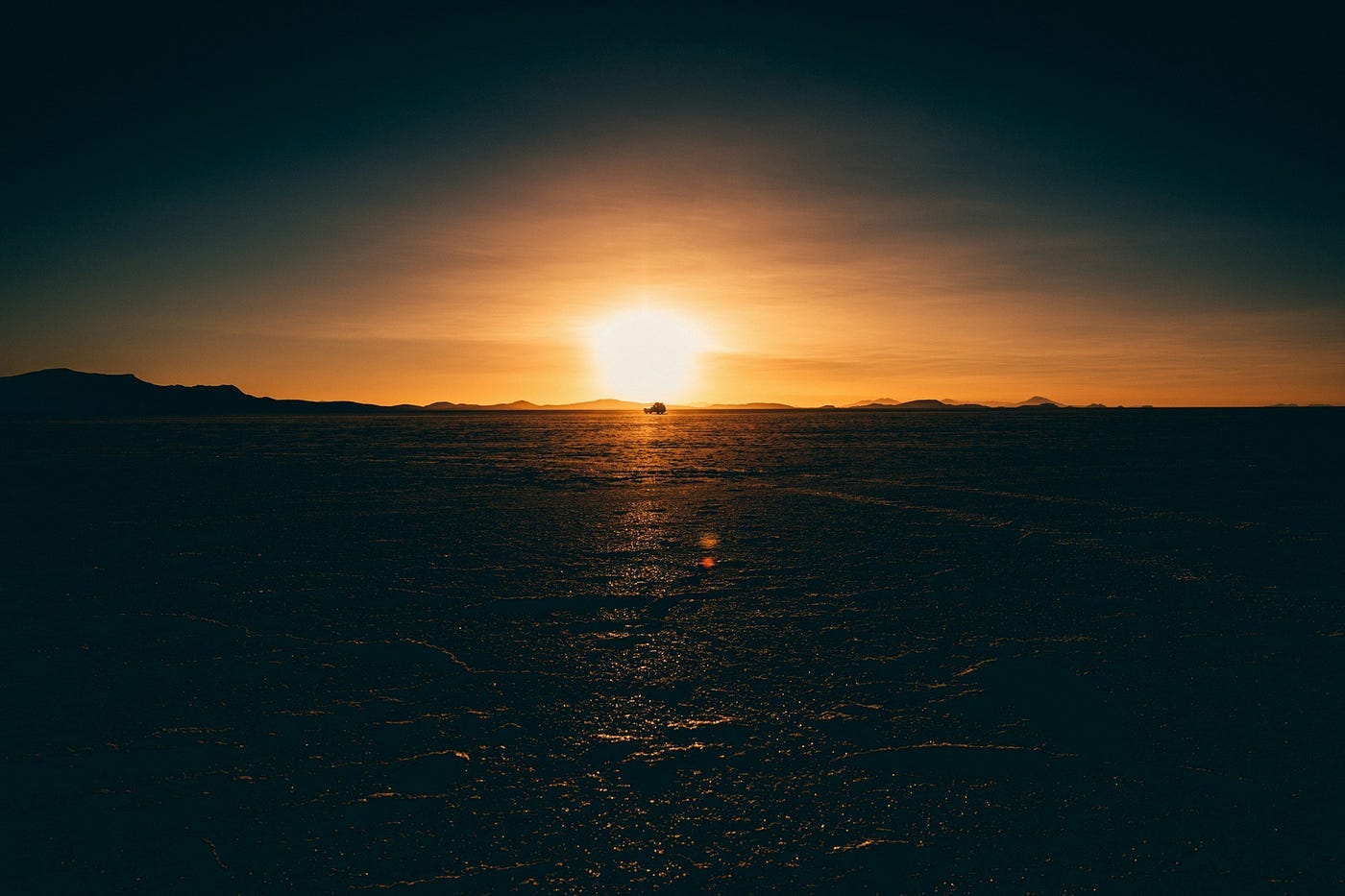Trauma has a depth, force and perceived deadliness akin to an ocean storm. Multi-storey waves of emotions can toss you around and throw you off course. In extreme cases, they can temporarily ‘sink your ship’.
A mere trigger can activate this storm, leaving you inundated and overwhelmed. Luckily, trauma storms don’t kill us. They can ‘take us out’, however, causing us to dissociate, numb ourselves or act out; before we wake up on the shore of our consciousness, vomiting and gagging.
Much like sinking to the bottom of the ocean, with trauma there’s a sense of drowning in the depths of our soul; of being disoriented and shrouded in darkness. It’s like you temporarily lose yourself.
If it is true that you lose yourself, then where do you go during that time? And is there a way to hold on to yourself during the storm? The answer is an emphatic yes. But that means you need to be clear on who you are — beyond the trauma.
There’s More To You
Mindfulness allows us to notice our thoughts. With enough practice, we eventually discover a widening gap between ‘us’ and what we are thinking.
When a thought arises in someone lacking conscious mindfulness, that person reacts emotionally and behaviourally to the thought without knowing of the thought’s existence. Imagine you drink some milk, and an hour later your stomach begins to feel unwell. Initially, your only concern is dealing with your sickness. Later on, you might start to consider what you consumed which caused the problem. With some investigation, you pinpoint the bad milk as the culprit, and you determine how to avoid getting sick next time.
This is the power of mindfulness. By knowing what your thoughts are, and what impact they have on you, you can decide how to respond to them before their accompanying reaction can complete itself.
Yet the power of mindfulness goes much further. Firstly, mindfulness can apply to emotions. Mindfulness can also expose our ego, along with its negative beliefs and rigid, limiting scripts. This alone gives us immense power to transform our lives. Often simply being mindfully conscious of a hidden aspect of ourselves is enough to initiate its transformation. From destructive thought patterns on the surface, to the sub-personalities lurking in our inner depths such as the narcissist or psychopath, mindfulness is capable of revealing things beyond our mind’s capacity. Yet that is still only a portion of the power of mindfulness. It goes further still.
Where we often trip up, is with trauma. Storms such as toxic shame attacks, panic attacks and dissociative episodes often override our capacity for mindfulness. Yet in the wake of this loss of ‘self’, we discover something of infinite power, ready to be activated — we discover the capacity to be mindful of the one who is mindful.
The Deepest Of The Deep
When you meditate on your thoughts, and notice a particular thought drifting by, who is the one who notices that thought? Rather than the thought seamlessly acting through you, you are now aware that you have had a thought in the first place.
If you then close your eyes and drift deeper, noticing anger inside you, who is the one not only feeling, but witnessing the anger? This introduces a major paradigm shift for trauma. Rather than being traumatised, you become someone who has trauma.
But be careful, this can quickly turn into an idea for your ego to exploit. “I have trauma” can become another thought pattern, and when you are not mindful of it as a thought form, you become hijacked by the ego. Rather than being ‘the one who has trauma’ and able to experience it directly, you become reduced to an ego in love with the idea of having trauma. After all, there is a major difference between knowing that Cairo is a city of ten million, and standing in the middle of its bustling streets, consumed by its smells, energy and history in motion.
To be mindful of a thought is one thing, being immersed in the experience it points towards is another thing entirely. You might be thinking how you don’t want to attend a certain event, but how about going into the accompanying anxiety? How about welcoming that anxiety, paying attention to how it feels in your body, even how it manifests as panicked thoughts? Do you dissociate from the feeling, or create new thoughts that convince you it’s not a big deal? Here you have fled into your imagination and your ego. Yet the anxiety remains, and so do you — the one who is capable of seeing the anxiety, creating space for it, and fully accepting it.
Beyond your ego, beyond your emotions, your thoughts, your memories, your beliefs, beyond your feeling Self, lies the benevolent, watchful eye of your Higher Self. Your God Self.
The Highest Of The High
Keep reading with a 7-day free trial
Subscribe to A World Beyond Narcissism to keep reading this post and get 7 days of free access to the full post archives.




